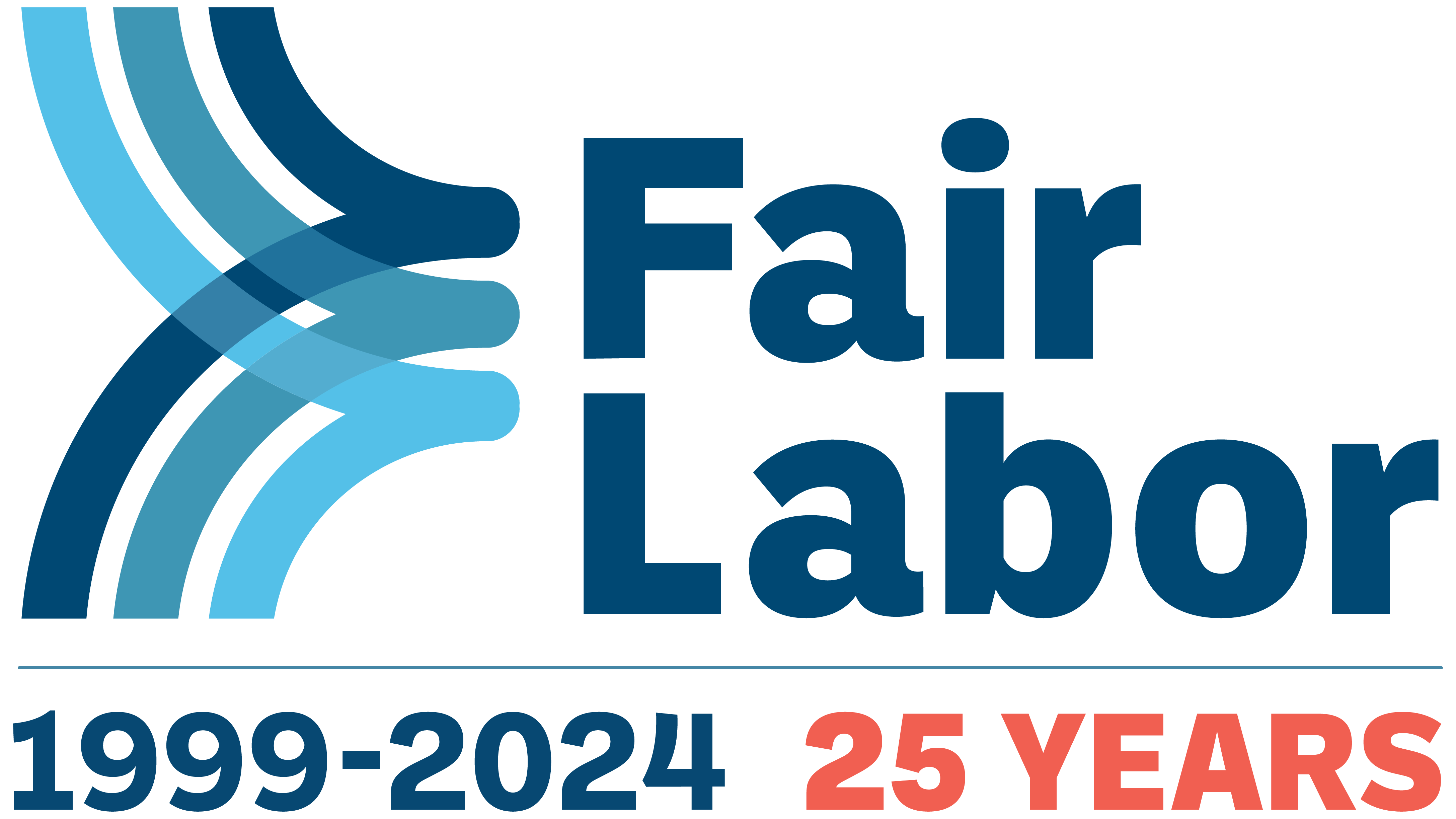Wage trends: Bangladesh
In December 2023, the Bangladesh Minimum Wage Board established the garment sector’s updated minimum wage as 12,500 Bangladeshi taka (BDT), equivalent to $113. Prior to this decision, the minimum wage in Bangladesh has remained at 8,000 BDT ($72.90) since 2018 — which fell below the World Bank Poverty Line for a two- to three-person household in 2022. Fair Labor Association (FLA) companies have collected and analyzed wage data in factories in Bangladesh through FLA’s Fair Compensation Dashboard. This report shows that garment workers’ wages have barely increased since 2019, despite high inflation. FLA is recommending steps companies should take to ensure workers in their supply chains in Bangladesh are paid a living wage.
Using the Fair Compensation Dashboard wage data collected by FLA member companies, FLA analyzed workers’ average monthly net wages from 2015 to 2022 in Bangladesh. The report reveals minimal growth in monthly average net wages over the last four years, falling 4.6% in 2022. FLA emphasizes the urgent need for a living wage, citing a significant gap of 51.78% below the Global Living Wage Coalition (GLWC) 2022 living wage estimate for Dhaka, Bangladesh.
While the new minimum wage for garment workers could lead to an increase in wages, it still falls short of the 2022 GLWC living wage estimate for Dhaka. The report stresses the need for continuous progress towards living wage and recommends:
- Buyers (FLA companies) should commit to working with suppliers to ensure costing and purchase orders cover the new minimum wage labor cost in all applicable purchase orders.
- Buyers should engage with their suppliers in Bangladesh and ensure that suppliers can provide feedback if purchase orders do not cover increased labor costs.
- Buyers and suppliers should support workers’ rights to freedom of association and collective bargaining and publicly denounce the use of violence against workers and human rights defenders.
- Fair Labor Accredited companies and suppliers should update supply chain wage data analysis and actions taken to implement their company’s fair compensation blueprint.
